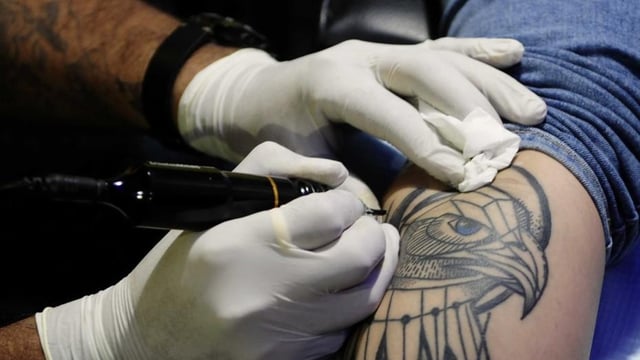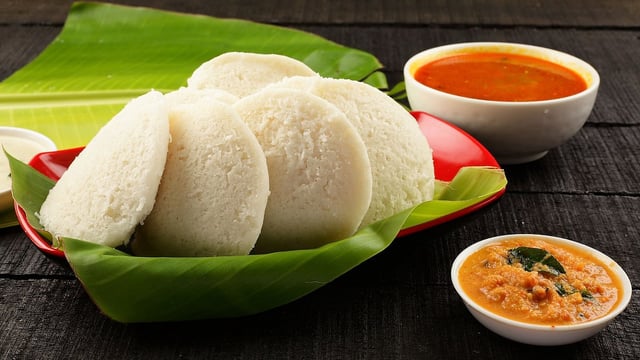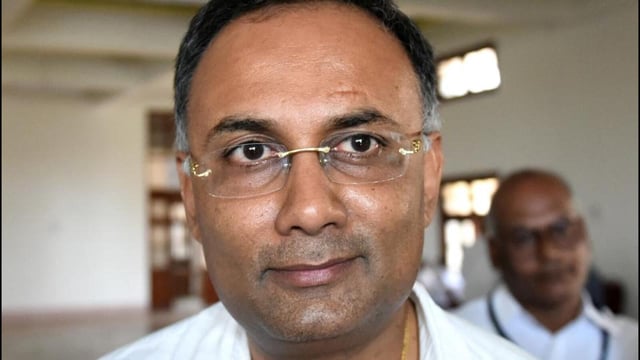Overview
- Tests by Karnataka's Food Safety Department revealed 22 types of metals, including arsenic and chromium, in tattoo ink samples, raising serious health concerns.
- The state health minister announced plans to regulate tattoo parlours and seek national-level guidelines for licensing and safety standards.
- Officials highlighted the lack of sterility in tattoo practices, with shared ink containers and inadequate hygiene posing risks of infection and long-term health issues.
- Parallel investigations found 54 idli samples unsafe due to the use of carcinogenic plastic sheets during preparation, prompting a statewide ban on the practice.
- Authorities are urging safer alternatives, such as banana leaves or steel plates, for food preparation and are enforcing strict penalties for violations.


